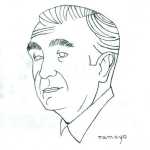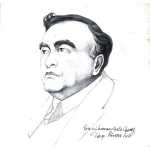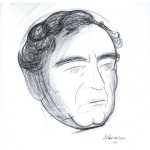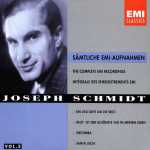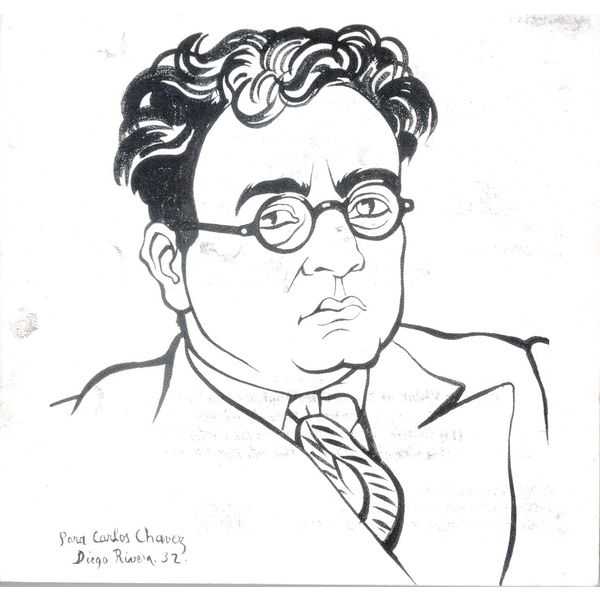
Composer: Carlos Chávez
Performer: Southwest Chamber Music
Conductor: Jeff von der Schmidt
Format: FLAC (tracks)
Label: Cambria
Catalogue: CAMCD-8851
Release: 2004
Size: 239 MB
Recovery: +3%
Scan: cover
Energia
01. I. Mosso
02. II. Moderato
03. III. Tempo senza rigore
04. IV. Vivo
Soli I
05. I. Sciolto e ritmico
06. II. Moderato
07. III. Molto lento
08. IV. Vivo
Soli II
09. I. Preludio
10. II. Rondo
11. III. Aria
12. IV. Sonatina
13. V. Finale
Soli IV
14. I. Quarter note = 84
15. II. Quarter note = 38
16. III. Quarter note = 76
17. IV. Quarter note = 72
18. V. Quarter note = 50
19. VI. Quarter note = 144
20. VII. Quarter note = 84
Sonata for 4 Horns
21. I. Allegro
22. II. Adagio cantabile
23. III. Allegro
Southwest Chamber Music’s Chávez: Complete Chamber Music, Vol. 1, on Lomita, CA-based indie Cambria was of such caliber that it earned the Grammy Award for Best Small Ensemble Performance — a stunning achievement for a regional chamber group on a so-called “minor” label, albeit one that has been in business for 25 years. The standards of performance, recording quality, and packaging that so distinguished the first issue are all present in this second volume, Chávez: Complete Chamber Music, Vol. 2. But some of the music here is in Chávez’s tougher, more abstract idiom and demands the patient attention of the listener, so it’s a little more “work” this time around. Chávez: Complete Chamber Music, Vol. 2, is certainly worth the time and attention — the outer pieces, Energia for nine instruments and Sonata for four horns (1929) are both works from the 1920s that are immediately appealing and tremendous fun. The Soli I for winds (1935) is a piquant and succinct work reminiscent of Stravinsky. Conductor and annotator Jeff von der Schmidt identifies it as signifying “things to come” for Chávez, but this view can’t be confirmed; it just seems pleasantly neo-Classical with a few additional barbs and twists placed here and there.
Energia (1925) is a milestone for Chávez in that it marks the first time the composer put into practice his “non-repetitive” style of composition, rejecting formal recapitulation schemes as a by-product of typically European stylistic devices that Chávez was trying to avoid. And in essence he was right on the money — composers in the “old country” really didn’t pick up on this idea until the 1950s, by which time Chávez had resolved his anti-European bias and was adopting some aspects of serial technique, much to the dismay of his Mexican colleagues. Both the Soli II for wind quintet (1961) and the Soli IV for brass trio come from squarely within this latter phase of Chávez’s development. Frankly, neither work has worn particularly well, but of the two the Soli IV is preferable in that it makes more use of negative space and dynamics than the dense and somewhat clotted Soli II. But overall, Chávez: Complete Chamber Music, Vol. 2, is an entirely worthy continuation of this excellent cycle of recordings and makes an interested listener anxious to hear the forthcoming volumes.
